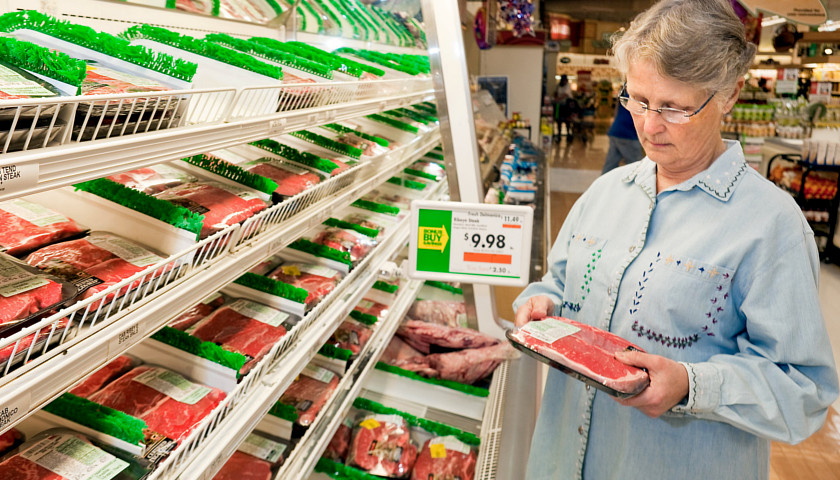The holiday season is upon us, and with it, opportunities to indulge in festive treats. The proverbial saying “you eat with your eyes first” seems particularly relevant at this time of year.
The science behind eating behavior, however, reveals that the process of deciding what, when and how much to eat is far more complex than just consuming calories when your body needs fuel. Hunger cues are only part of why people choose to eat. As a scientist interested in the psychology and biology that drives eating behavior, I’m fascinated with how the brain’s experiences with food shape eating decisions.
Read More


